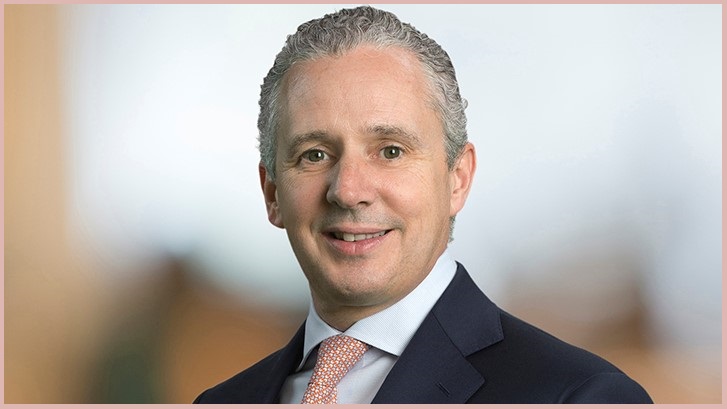The need for Australian companies to source ICT talent from overseas is stronger than ever, with the local pipeline continuing to fall short.
That was the message from Telstra CEO Andy Penn, who delivered a strongly-worded address at the Committee for Economic Development Australia in Melbourne on Wednesday.
“We need to build new skills and capabilities in new areas,” he said.
“We need these capabilities now, but the fact is we cannot find in Australia enough of the skills that we need on the scale that we need them, such as software engineers.
“Why? There simply are not enough of them. The pipeline is too small.”
In anticipation of the impending local ICT talent shortfall – which Penn said he expects to be 60,000 skilled workers short in the next five years – Telstra will this year open a new ‘Innovation and Capability Centre’ in Bangalore, India.
Labelling Bangalore as “India’s ‘Silicon Valley’”, Penn said the move would consolidate Telstra’s presence in India, where it has been operating since 2011.
Immigration negativity
Penn also called for a cease to the “negative commentary around immigration”.
“Immigration in Australia is an often-vexed issue and attracts an enormous amount of political and media angst,” he said.
“I believe this is an unhealthy and potentially dangerous path for the world to take.
“We need to build skills, not walls.”
He pointed to the associated benefits that come with “a well-targeted skilled migration policy”, arguing this would create – not take away – jobs.
“Skilled migrants also add to Australia’s wealth,” he explained.
“Research by the International Monetary Fund estimated Australia’s migration program would add up to 1% to annual average GDP growth from 2020 to 2050 because it focused on skilled migrants of working age and would limit the economic impact of Australia’s ageing population.”
Job cuts loom
Despite declaring Australia’s current talent pipeline as being too small, Penn’s speech came just over six months after he announced Telstra will be cutting 8,000 jobs by 2022 as part of its T22 strategy.
Addressing the cuts, he pointed to the changing nature of the telecommunications industry – namely the NBN – as the root of the changes.
“The National Broadband Network re-nationalises Australia’s fixed broadband network and this means Telstra is no longer the main wholesaler provider as it had been since privatisation,” he said.
“The impact of this on Telstra is profound -- it means we lose between one third and half of our earnings. Revenues that essentially now go to the government, not Telstra.
“You cannot take away a material part of a company’s business and earnings and expect it to carry on with the same strategy and the same workforce.”










